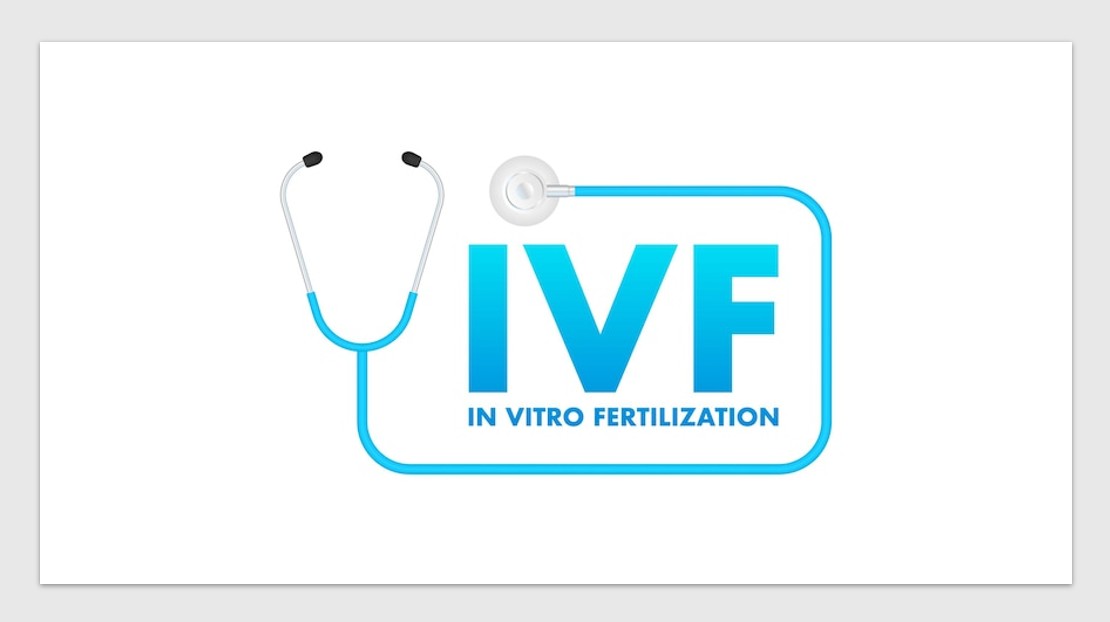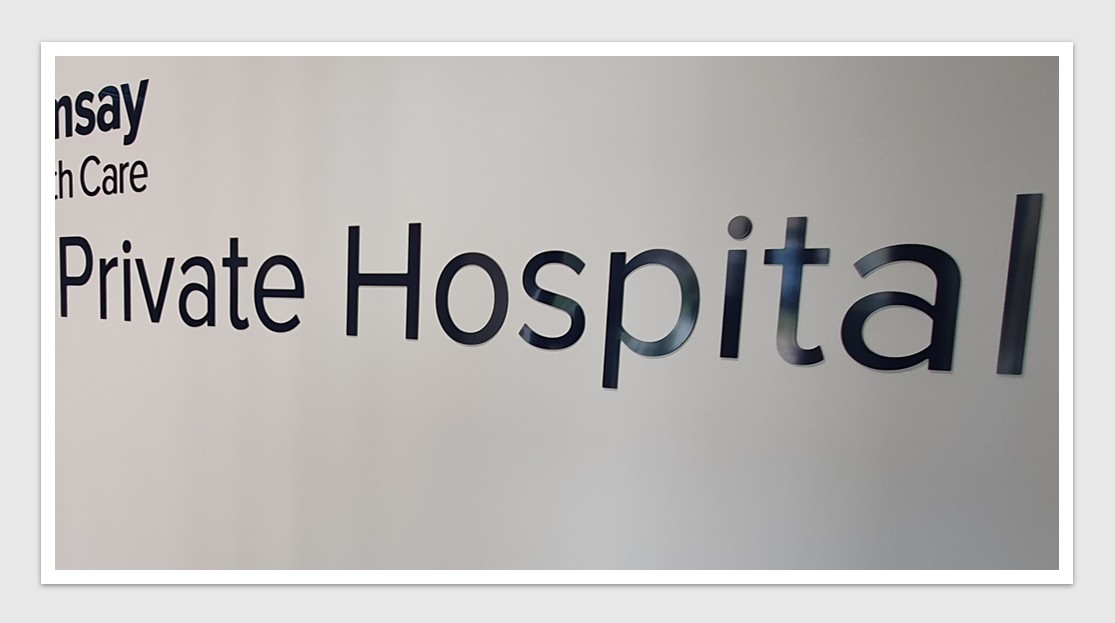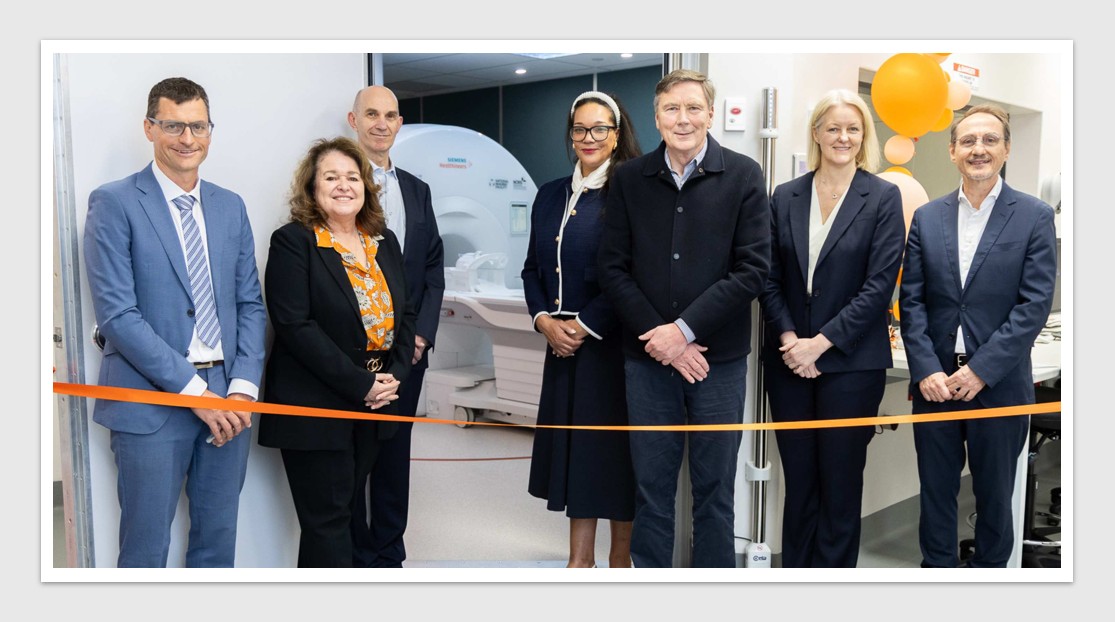News - Pharmaceuticals
AstraZeneca’s TKI combination delivers longest-ever survival in advanced lung cancer

First-line treatment with AstraZeneca’s tyrosine kinase inhibitor (TKI) in combination with chemotherapy has set a new benchmark in survival outcomes for patients with EGFR-mutated advanced non-small cell lung cancer (NSCLC), delivering the longest overall survival ever reported in a global Phase III trial.
While Tagrisso (osimertinib) monotherapy, currently PBS-listed, provides significant benefit in this patient cohort, the majority of cancers are expected to develop resistance to the therapy over time. The mechanisms driving this resistance are not yet fully understood.
The final analysis of the Phase III FLAURA2 trial, which included six Australian study sites and was presented at the World Conference on Lung Cancer (WCLC), revealed that Tagrisso plus chemotherapy extended median overall survival (OS) to nearly four years (47.5 months). By comparison, patients receiving Tagrisso monotherapy achieved a median OS of 37.6 months. At 57% data maturity, the combination reduced the risk of death by 23% versus Tagrisso alone (p=0.02).
An estimated 63.1% of patients treated with the combination were alive at three years and 49.1% at four years, compared with 50.9% and 40.8% in the monotherapy arm. Notably, the survival benefit of adding chemotherapy was consistent across all prespecified subgroups.
Tagrisso has also seen its PBS listing expanded beyond advanced disease. In June last year, the medicine was reimbursed as adjuvant therapy in early-stage EGFR-mutated NSCLC (Stage IB to IIIA) following surgical resection.
The findings come as lung cancer continues to place a heavy toll in Australia. More than 14,000 Australians are diagnosed with lung cancer annually, and the disease remains the nation’s leading cause of cancer-related mortality, with a five-year relative survival of just 24% across all types.
NSCLC accounts for approximately 85% of all lung cancers, with around 18% of patients testing positive for EGFR mutations. Among non-Asian populations, EGFR mutations occur in about 15% of NSCLC cases, compared to as high as 50% in Asian populations.
![]() In reimagining healthcare across the entire patient journey, Health Industry HubTM is the only one-stop-hub uniting the diversity of the Pharma, MedTech, Diagnostics & Biotech sectors to inspire meaningful change.
In reimagining healthcare across the entire patient journey, Health Industry HubTM is the only one-stop-hub uniting the diversity of the Pharma, MedTech, Diagnostics & Biotech sectors to inspire meaningful change.
The Health Industry HubTM content is copyright protected. Access is available under individual user licenses. Please click here to subscribe and visit T&Cs here.
News - Pharmaceuticals

IVF sector faces new era of oversight
Australia’s fertility sector faces a regulatory shake-up, as Health Ministers handed down the future of assisted reproductive technologies (ART) oversight […]
MoreNews - MedTech & Diagnostics

Government’s premium surgery risks leaving patients with the bill
The federal government is reshaping how private health insurance premiums are determined, a move designed to give private hospitals greater […]
MoreNews - MedTech & Diagnostics

Public and private hospital funding dominate Health Ministers’ agenda
Health Ministers convened on 12 September to address health system reform priorities, including the National Health Reform Agreement (NHRA), the […]
MoreNews - MedTech & Diagnostics

Siemens unveils ‘most powerful scanner’ with new partnership
A multi-million partnership with Siemens Healthineers has established New South Wales’ most advanced magnetic resonance imaging (MRI) scanner. Through a […]
More